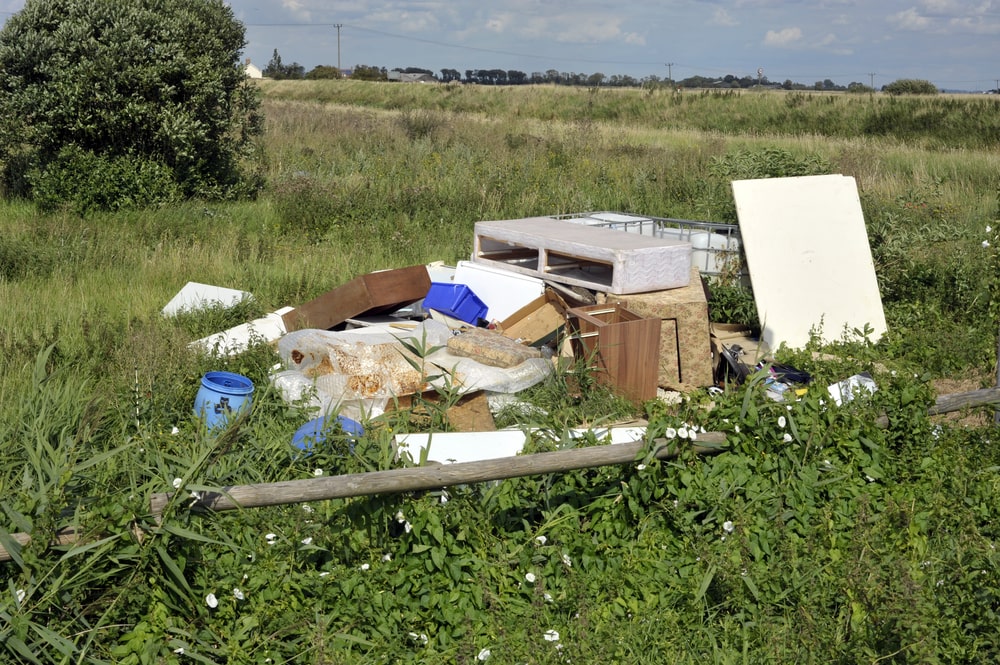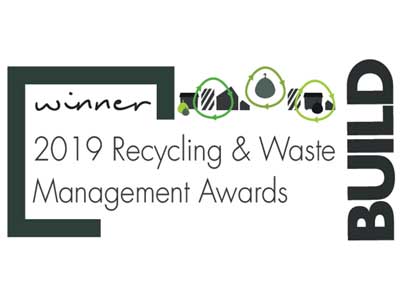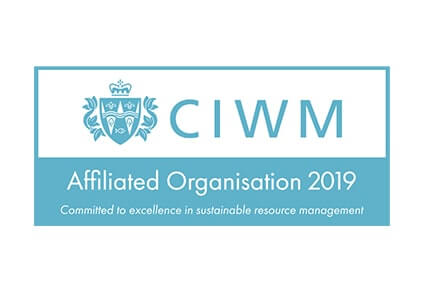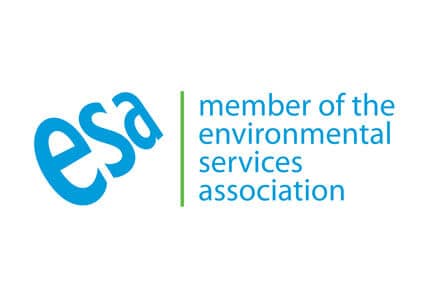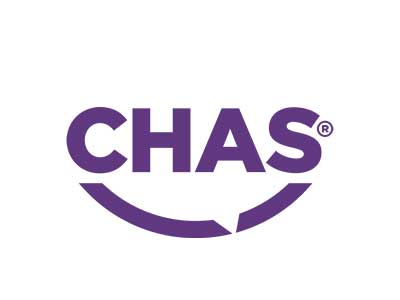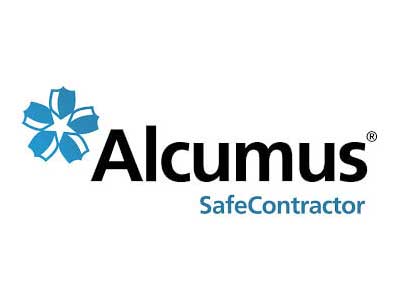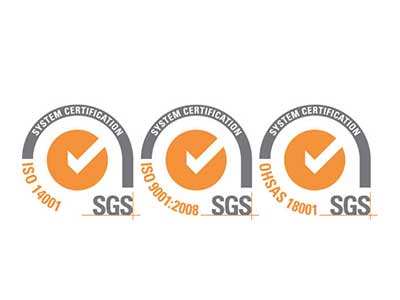Fly Tipping is the illegal dumping of any waste onto land that does not have the correct licence to accept it.
Over the 2021/22 year, local authorities reported 1.09 million incidents of fly-tipping. This can include public land and private land, and doing so is a serious criminal offence for which you could be prosecuted. In fact, in 2021/22, the number of fixed penalty notices issued increased by 58% to 91,000.
Types of Fly Tipping
Ther are many different types of fly-tipping, ranging from small items such as a couple of bin bags to larger household objects. Waste typically dumped by fly-tippers includes:
- Household Waste: Waste generated by households, ranging from one bag of waste to larger appliances.
- Commercial Waste: Generated by a business.
- Garden Waste: Waste from a garden such as grass, weeds, and wood. It’s a common misconception that dumping grass is not fly-tipping, but it actually is.
- Construction: Waste from construction or demolition projects. The property owner is solely responsible for this type of waste.
- Other: The Department for Environment and Rural Affairs have identified other commonly fly-tipped waste including vehicle parts and hazardous waste such as clinical waste and asbestos.
If you are looking for more information on the correct waste management for various types of waste, be sure to get in touch with a registered waste carrier or your local authorities, who will be able to point you in the right direction.
What Is The Difference Between Littering and Fly Tipping?
The difference between littering and fly tipping is pretty clear. Littering is waste less than a black bin bag’s worth of rubbish, whereas fly-tipping is a larger amount of waste.
Fly-tipping is harmful to the natural environment and can have serious consequences. It typically occurs when someone wants to get rid of waste without paying for disposal.
The Law Behind Fly Tipping
Fly-tipping is a serious criminal offence that affects many people. Nearly two-thirds of farmers are affected by fly-tipping, and fly-tipping alone costs around £50 million of taxpayers’ money. This is why the environment agency works alongside local authorities to make sure that fly-tippers are held responsible and receive some hefty penalties.
The cost of getting caught fly-tipping is not worth the risk. Tackling fly-tipping is a key focus of the environment agency and is taken very seriously. To deter fly-tippers, local councils can issue penalties ranging from on-the-spot-fines to potentially being prosecuted.
It’s important to highlight that any householder who fails to actively stop fly-tipping by choosing a reputable carrier, could face the penalties at hand.
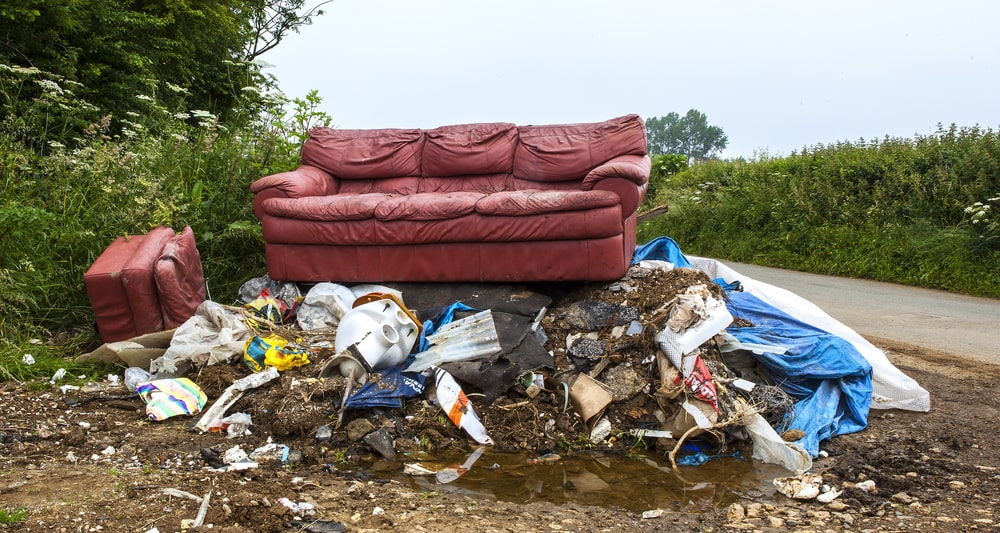
How Much Is The Fine For Fly Tipping?
Anyone caught fly-tipping can receive an on-the-spot fine of £400, depending on the severity of the crime. If the crime is particularly severe, the case could go to court and lead to tougher punishments.
The maximum penalty in Magistrates’ Court is a fine of £50,000 and a 12-month prison sentence, and in Crown Court, the maximum penalty is a five-year prison sentence and an unlimited fine.
What Happens If Someone Fly Tips On My Land?
You can keep a watchful eye over your land, and prevent access by installing gates and other security features to act as a deterrent. Yet unfortunately, working to prevent fly-tipping can only go so far, and if someone dumps their rubbish on your private land, it’s important to carry out the following steps.
- The time
- The location
- Any photographs you can take of the crime for evidence
- Descriptions of people and vehicles
- Vehicle registration plates
Remember to not open bags or inspect the rubbish as fly tippers may hide dangerous material in bags of soil.
How Can I Make Sure That My Waste Is Disposed Of Properly?
If you are considering how to prevent fly-tipping, it is important that you choose the right carrier.
Don’t be afraid to ask questions, to ensure waste is removed from your land in a legally compliant manner. You should also keep full details of your clearance and disposal costs as proof, should incorrect removal lead to successful prosecution. This will allow you to recover the costs incurred.
Here at REMONDIS, we offer a cost-effective, specialist waste management service and will be able to give you all of the advice and further information you need to remove your rubbish to local authority and local council standards.

